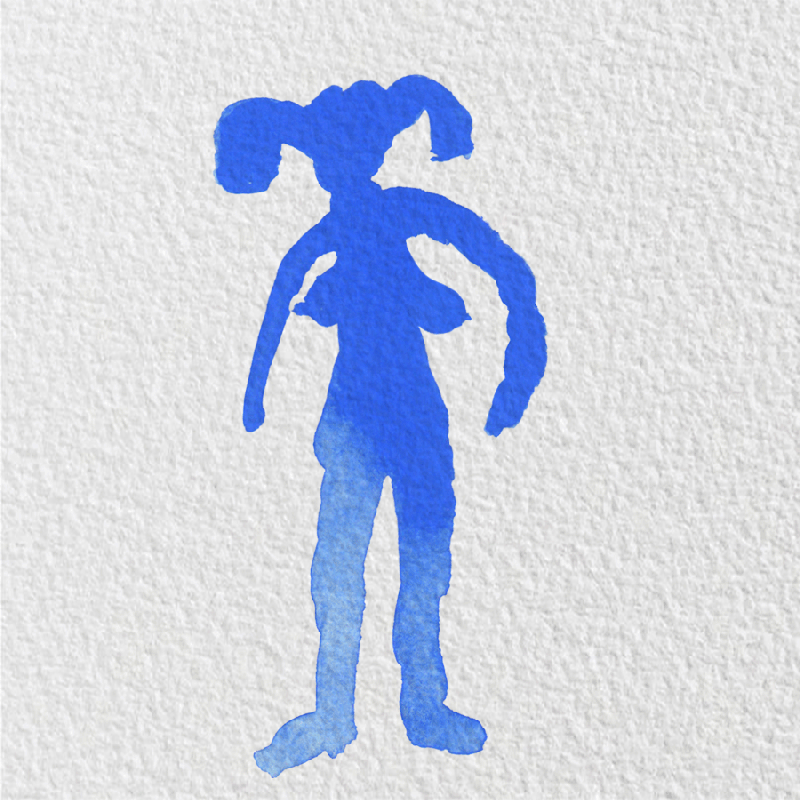
And then I wrote a piece for the Cut examining what happens if women and mothers disappear from professional and public life for a year or more because of the pandemic.Īnd when the piece went viral, I kind of felt like, Oh, here’s every bad thing that I have been dealing with personally and privately for the better part of a year, and as it turns out, I am so not alone in this. I actually had an essay collection about bodies under contract, which I spent two years basically being unable to write. What planted the seed for Essential Labor? Garbes does not sugarcoat the difficulties and complexities of mothering rather, in Essential Labor, she “offers space to imagine the chores that often seem overwhelming and laborious as opportunities to craft meaning and - this is the dream - contribute to positive social change.”

Sounds nice, right? Except for when it leaves us feeling enraged, gaslighted, and exhausted.Īt least we have Angela Garbes, whose newest book, Essential Labor, examines the collective power of mothering and interrogates how individuals can both fight for systemic changes (like affordable quality child care, paid family leave, and comprehensive maternal health care) and reclaim acts of mothering in our own lives.

Instead, it’s a nap on a gingham picnic blanket, a stroll through a strawberry patch, a pregnant silhouette at sunset. Social media would have us believe that motherhood is free of messy realities. The actual labor of motherhood (i.e., the kissing of boo-boos the knowing to make the orange, not white, mac and cheese the washing and drying and folding and putting away endless loads of laundry) takes up far less space in our collective imagination than the static imagery of motherhood.


 0 kommentar(er)
0 kommentar(er)
